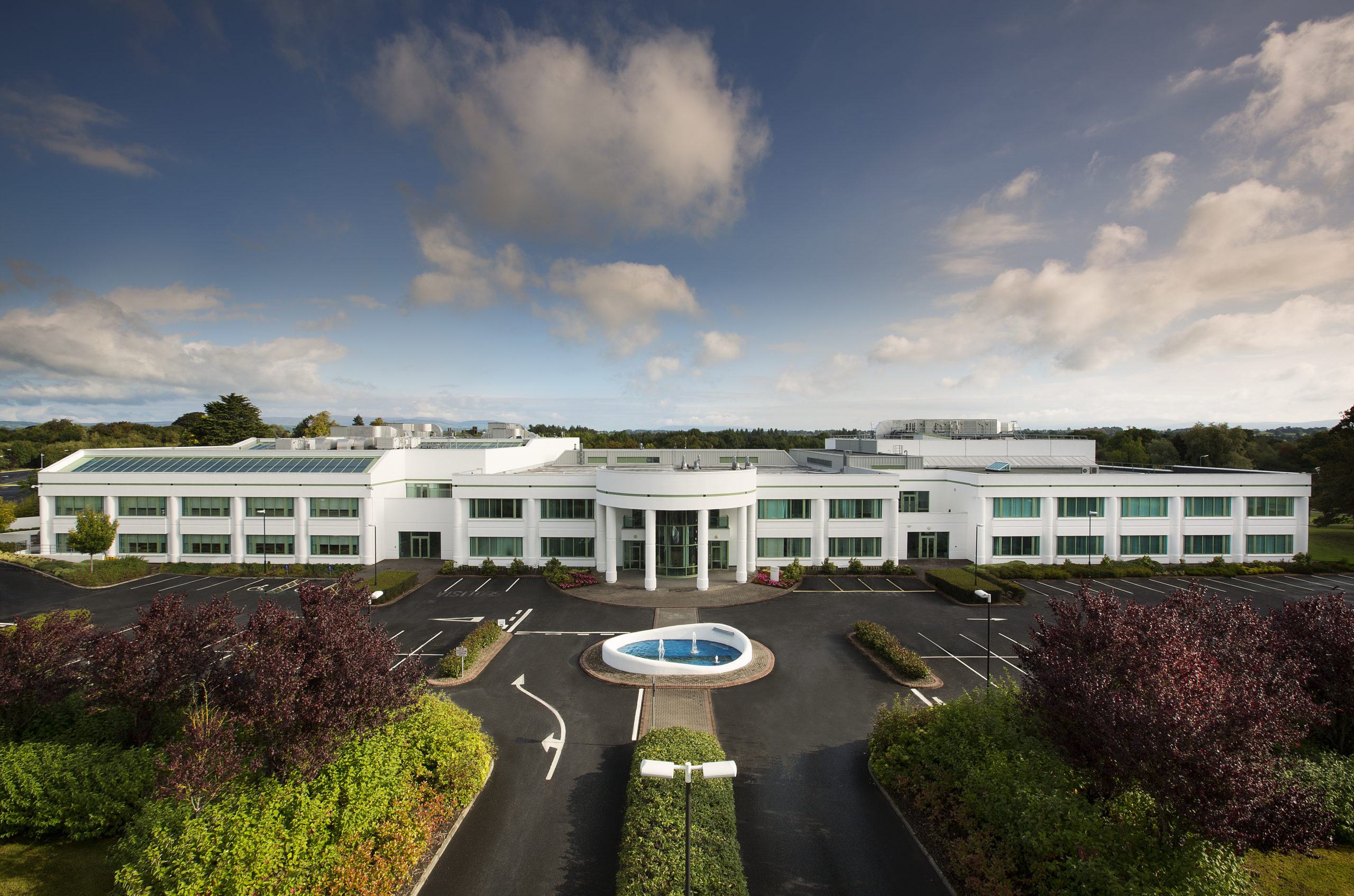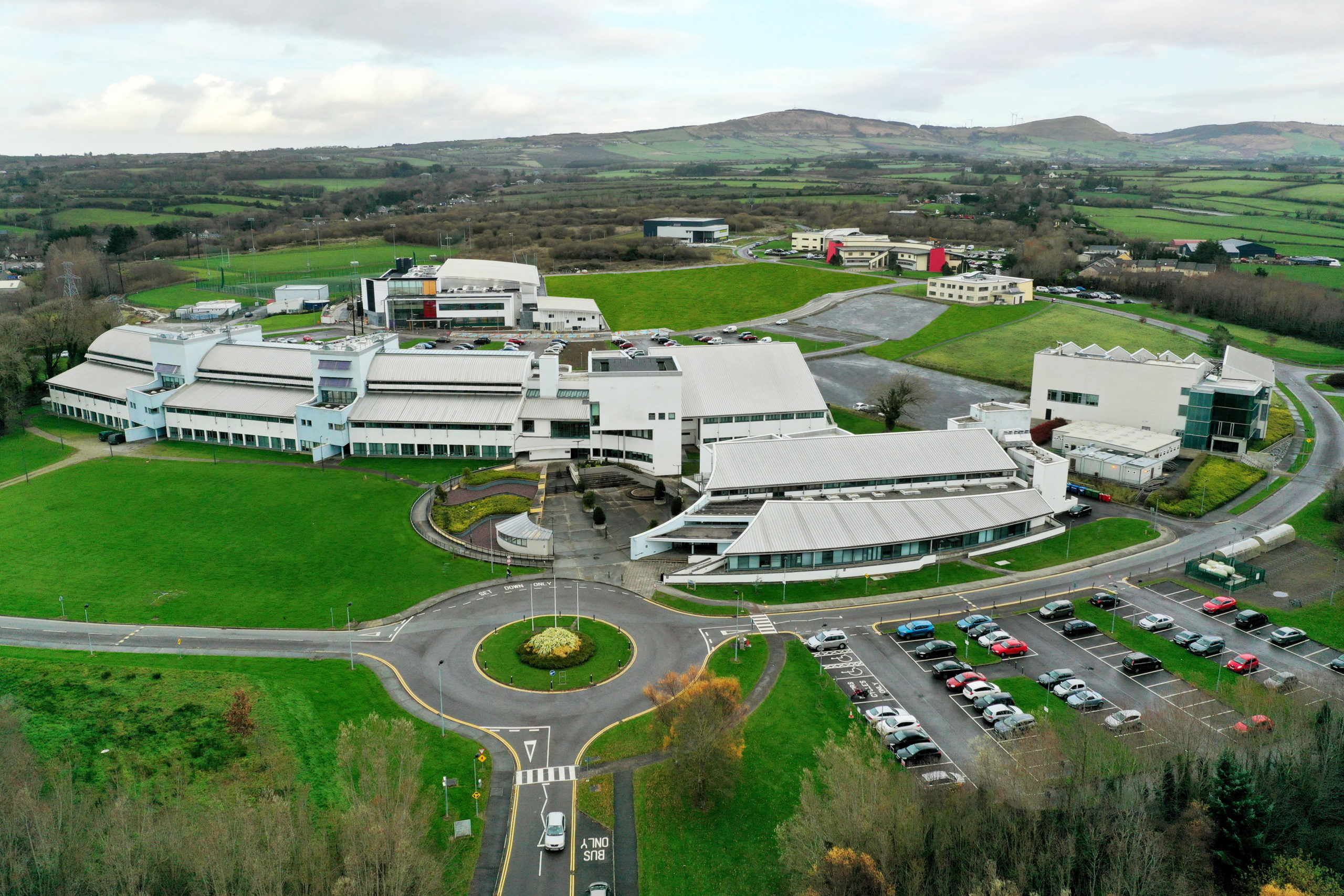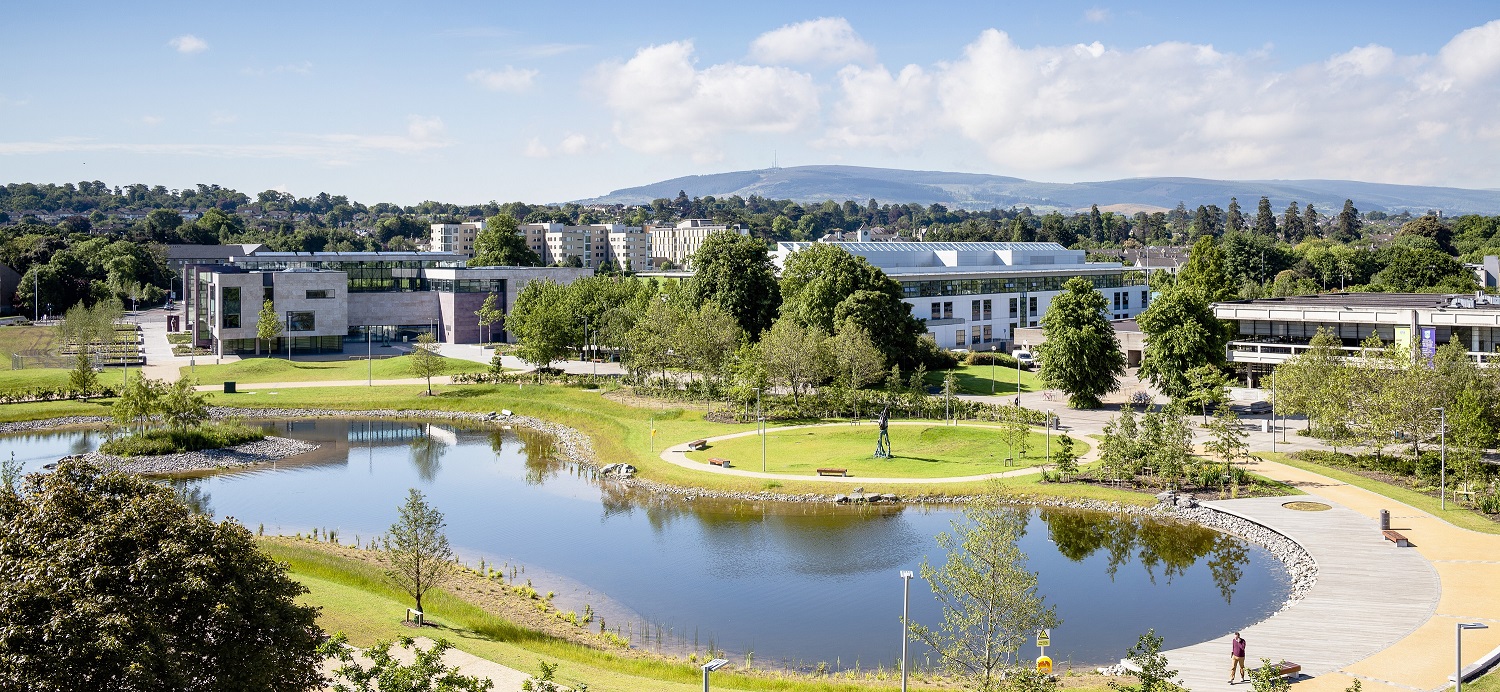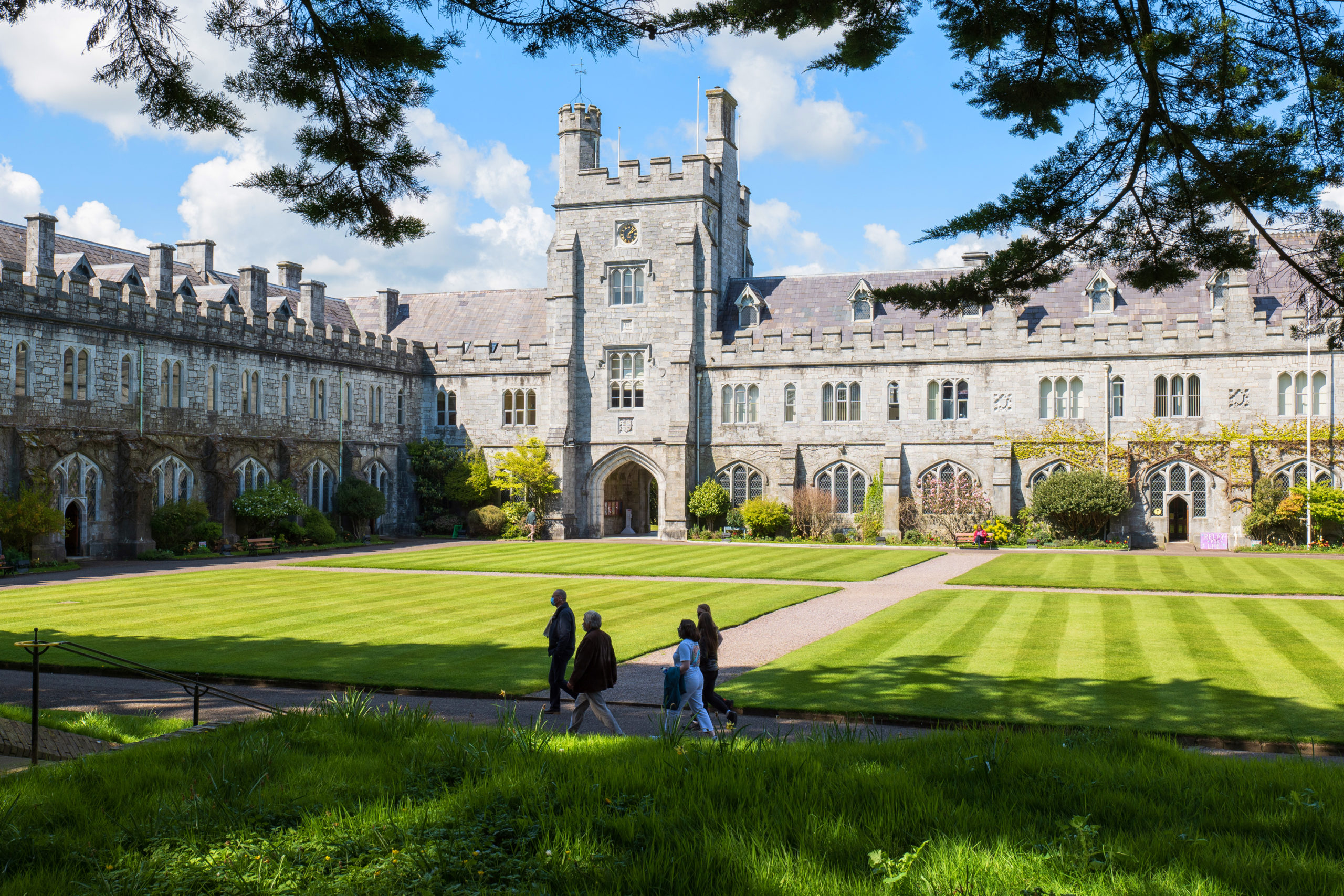A Viewpoint from Prof Dr Andrea Emilio Rizzoli from Istituto Dalle Molle di studi sull’intelligenza artificiale (IDSIA) USI-SUPSI

How do you assess Switzerland’s higher education system?
In the past years, Switzerland has consistently been ranked as one of the most innovative countries in the world. There are various reasons why this small country, nestled in the Alps, has achieved this result. For sure, Switzerland offers stability and security, which are assets that favor the growth and development of companies, but this alone, together with modern infrastructures, an advanced banking system, and a strategic position in the middle of Europe, would not justify the reason why Switzerland represents an innovation hub.
A key asset, often underestimated, is the Swiss higher education system. Sure, Switzerland is home to ETH Zürich and EPF Lausanne, the Swiss federal institutes of technologies, which are among the top-ranked universities in the world, but the higher education system is much more than that. Often unnoticed, in parallel to the traditional universities, there is a whole system of Universities of Applied Sciences (UAS) offering tertiary education aimed at shaping future professionals, with a hunch on the possibility of practical applications and concrete implementation of their skills.
The role of Research and Innovation in improving Switzerland’s position as a solutions provider
The Swiss system, composed of universities, federal institutes of technology and universities of applied sciences, is able to deliver highly skilled professionals capable of tackling every aspect of an innovative company. These issues encompass a broad spectrum, from high-end research and development for big companies, such as the world leaders in the pharmaceutical and food sectors, to small and medium sized enterprises, which form the backbone of the economy, thanks to their innovations in traditional sectors such as precision mechatronics, but also in emerging innovative fields such as biotechnologies and new materials.
Moreover, Swiss universities have a strong partnership with companies, supporting their research needs, offering their laboratories and their competencies to develop new ideas and new products, thanks to a number of financial instruments and support provided by the Swiss government, such as the Swiss Innovation Agency (Innosuisse). Thanks to its action, a company can benefit from a university pool of resources and skills at no cost, as these are assumed by Innosuisse, while the company needs just to invest its own resources to jointly work with the university.
In this context the Swiss AI lab, the Dalle Molle Institute for Artificial Intelligence (IDSIA USI-SUPSI), has thrived for the last thirty years. Founded in Lugano in 1988 by the philanthropist Angelo Dalle Molle, the institute has grown thanks to the fertile environment provided by the combination of a dynamic business environment and the academic institutions of Canton Ticino, the Italian speaking part of Switzerland, where the institute is based.
What are the most relevant contributions of the institute to the world?
IDSIA USI-SUPSI is a unicum in the Swiss panorama of research institutions as it is affiliated at both the University (Università della Svizzera Italiana – USI) and the University of Applied Sciences and Arts of Southern Switzerland (SUPSI). This dual affiliation gives IDSIA USI-SUPSI the unique opportunity of being active in both fundamental and applied research. It was at IDSIA in the 90s that Prof. Jürgen Schmidhuber in collaboration with Sepp Hochreiter developed the algorithm for training long-short term memory deep neural networks (LSTM), which is now used almost everywhere, from Google voice to Tesla’s autonomous driving. IDSIA is also leading the way in research in a variety of machine learning algorithms based on the probabilistic graphical model, which has the nice feature of allowing for a causal explanation of why and how decisions are being made by the algorithm.
The outstanding achievements of IDSIA in fundamental research in the area of machine learning and deep neural networks have been a springboard for the deployment of such results in innovative applied research projects. Just to make an example, IDSIA has recently established a collaboration with UBS, the Swiss banking giant, in order to jointly work on the application of AI techniques to a number of financial problems, with the clear aim of developing algorithms that are dependable, fair and transparent; the lack of these qualities is one of the major problems affecting machine learning nowadays.
The role of professional training and applied research in fostering the development of Switzerland’s highly skilled human capital
IDSIA is an outstanding example of how research and innovation provide Swiss based companies with the best tools to face the challenges posed by a rapidly changing business scenario, where innovation and adaptation are essential to excel and to compete at the global level.
When IDSIA was founded more than 30 years ago, AI was a marginal, if not futuristic, research area; today AI is the hot topic that every company is trying to adopt and integrate into its operations and processes. We are clearly living a period of ‘hype’ where AI is seen as the ‘silver bullet able to slain every obstacle and impediment to business growth. Awakening from this wide-eyed dream could be costly, and in Switzerland, we are working to develop a new class of professionals able to deliver AI that works and it is not just an empty promise. This is what our regional clusters of education are preparing right now. In the Canton of Ticino SUPSI has just launched a new Bachelor Degree in Data Science and Artificial Intelligence, while USI is offering a Master in Artificial Intelligence. In both curricula, IDSIA researchers are heavily involved. This academic offering, especially in the Bachelor offered by the University of Applied Sciences, is based on practical applications of AI and Data Science to real world cases, inspired by the various applied research projects conducted together with the industry. Thanks to this approach to education, the students, tomorrow’s professionals, learn from the very beginning what works and what might not yet work in AI, and they pay particular attention to the pitfalls and traps into which an “AI enthusiast” might fall.
IDSIA’s evolution and contribution of the Swiss AI Lab in solving global challenges
IDSIA, together with its home institutions, USI and SUPSI, is well poised to enter the new decade of research and development in AI. The future challenges are in front of all of us: developing AI algorithms capable of working hand-in-hand with humans, explaining their choices and their line of reasoning, able to examine a problem from different viewpoints and perspectives, in short, even more human-like. This is going to be fundamental to solve problems in the health and life sciences sectors, where AI algorithms can greatly improve the ability of doctors in diagnostics and case evaluation, “democratizing” healthcare, making available top-ranked expertise even to the most remote hospitals and developing regions. Another challenge is the use of AI to tackle the current climate crisis, leading the way in the efficient use of resources and the transition to renewable energy, while guaranteeing food supply and sustainable agriculture in the face of a changing climate.
While AI can be used to solve these grand challenges, at the same time the pragmatic approach of the Swiss system, in which top class university researchers interact and collaborate with R&D engineers from innovative companies, can provide the link between major theoretical advances and the practical needs of an innovative company that needs to optimize its output, while respecting even more stringent sustainability requirement and ethical issues.
























